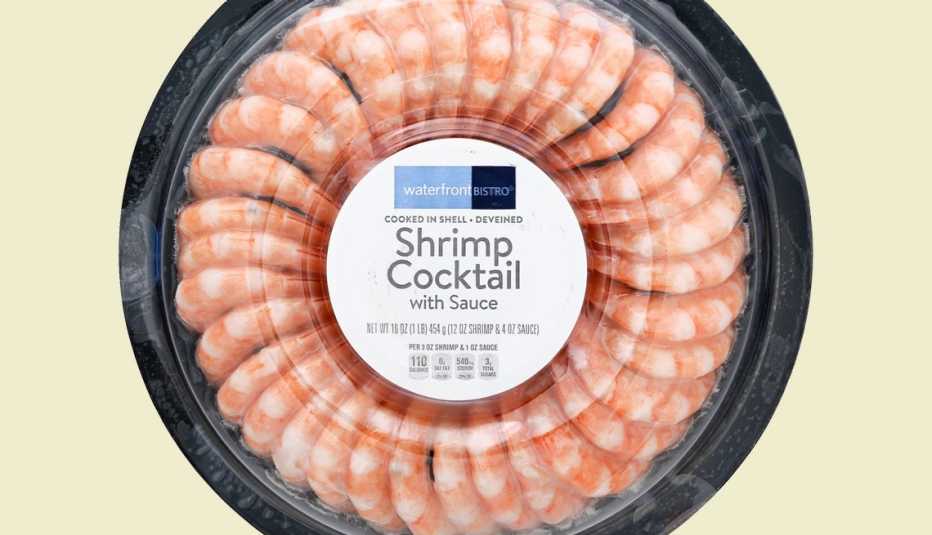AARP Hearing Center


A recall of frozen cooked shrimp due to possible contamination with salmonella was expanded to include additional sizes, packaging types and brand names. The affected products were shipped nationwide and sold at a number of major retailers.
Avanti Frozen Foods issued its original voluntary recall on June 25, the same day the Centers for Disease Control and Prevention initially announced a salmonella outbreak linked to frozen shrimp supplied by the company. On July 21, the CDC declared the outbreak over but reopened its investigation after three new cases were subsequently reported.
In all, nine people have been confirmed to be infected with the outbreak strain of Salmonella weltevreden, and three were hospitalized. Of the three additional infections confirmed since the outbreak was thought to be over, at least one person interviewed by public health officials ate frozen cooked shrimp supplied by Avanti Frozen Foods. Victims ranged in age from 30 to 80 and got sick between Feb. 26 and July 17. Those who fell ill live in Arizona, Michigan, Nevada and Rhode Island.
The CDC estimates that the actual number of infections is likely higher than reported because people are not regularly tested for salmonella and many who are infected recover without medical care. In addition, recent illnesses may not be included in the total because it takes up to four weeks to determine if a sick person is part of an outbreak.
Brands affected by shrimp recall
The full list of recalled frozen cooked shrimp, including product descriptions, packaging details and expiration dates, is available from the FDA.
- 365
- Ahold
- Big River
- Censea
- Chicken of the Sea
- CWNO
- First Street
- Food Lion
- Hannaford
- Harbor Banks
- Honest Catch
- HOS
- Meijer
- Nature's Promise
- Open Acres
- Sandbar
- Sea Cove
- Waterfront Bistro
- Wellsley Farms
- WFNO
Source: FDA; CDC; Avanti Frozen Foods
Recalled shrimp products
The recalled products include various sizes of cooked, peeled and deveined frozen shrimp sold in various packaging sizes, with and without cocktail sauce, at stores nationwide between November 2020 and May 2021.
The shrimp was sold under several brands, including such store brands as 365 (a Whole Foods brand), Food Lion, Hannaford and Meijer. Other retailers that sold the recalled shrimp include Kroger and Albertsons. In California, some shrimp sushi sold at Whole Foods and Target was also recalled.
Consumers who purchased any of the recalled shrimp products are advised to throw them away or return them to where they were purchased. Any surfaces touched by the recalled products should be sanitized.

































































More on health
Frozen Chicken Sold at Aldi, Other Stores Recalled Over Salmonella
Three brands of breaded stuffed poultry dishes shipped nationwide
Power Outage? Here’s How Long Food Lasts in the Fridge and Freezer
8 expert tips to avoid getting sick from spoiled food when the lights go out7 Foods That Can Cause Food Poisoning
Foodborne illnesses from disease-causing germs pose greater danger as you age